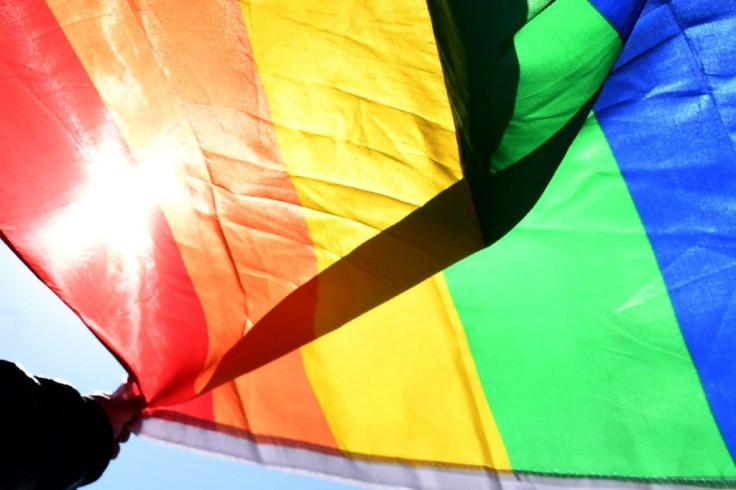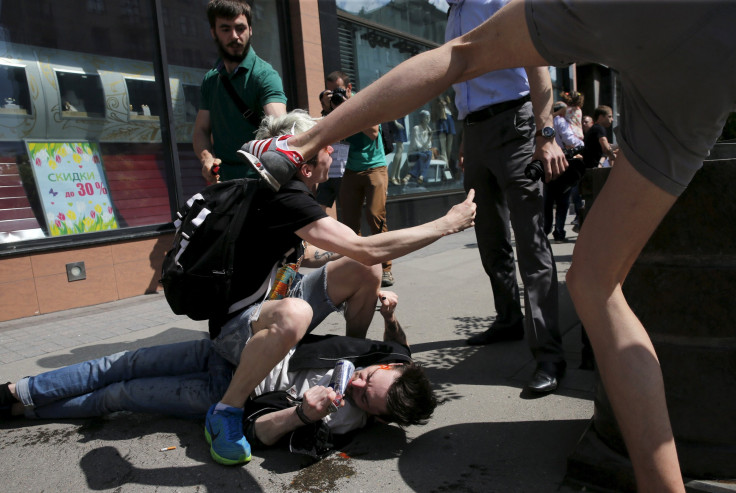Russia Passes Law Banning 'LGBTQ Propaganda'; Fines Up To $82,000

KEY POINTS
- The law amended the 2013 original ban on LGBT "propaganda," expanding the liability to all Russian adults
- Russian lawmaker Alexander Khinstein called the LGBT an element of "hybrid warfare"
- The European Court of Human Rights deemed the LGBT "propaganda" ban discriminatory in 2017
The Russian State Duma, the country's lower house of parliament, passed Thursday legislation strengthening the ban on promoting so-called "LGBT propaganda," expanding liability to all ages.
The new law, which still needs the approval of the upper house of parliament and Russian President Vladimir Putin, proposes to ban all Russians from promoting or "praising" same-sex relationships or publicly suggesting that they are "normal," CNN reported.
The bill amended the 2013 law, which outlawed only the promotion of LGBT lifestyles aimed at minors. Under the new law, any "demonstration" of LGBT behavior to children is also banned.
The bill introduces heavy fines for individuals who spread or attempt to distribute "propaganda of non-traditional sexual relations," "propaganda of pedophilia" and information about LGBT people and gender transitioning among people of any age through the media, the internet, advertising, literature and films, Russian news outlet Tass reported.
Under the new law, private individuals caught distributing LGBT "propaganda" in public will be fined up to 400,000 rubles ($6,600). Russian officials may be fined up to 800,000 rubles ($13,000), while legal entities can be fined up to 5 million rubles ($82,600).
Foreigners can face a fine of up to $3,300, be arrested for up to 15 days or be deported.
Russian lawmaker Alexander Khinstein, one of the bill's authors, called the LGBT "an element of hybrid warfare."
"In this hybrid warfare, we must protect our values, our society and our children," Khinstein said, according to Reuters.
Kseniya Mikhailova of Vykhod ("Coming Out"), a Russian LGBT support group, raised concerns about possible heightened discrimination against LGBT members following the bill's approval, the outlet reported.
Adults-only gay bars and clubs may still be allowed to operate but not advertise, according to Mikhailova.
Dilya Gafurova, the head of the Russian LGBT group Sphere Foundation, told Time magazine that they expect Putin to sign the law as early as December or January next year.
Gafurova said that under the law, Russian authorities may resort to a "witch hunt" against the LGBT community.
In 2017, the European Court of Human Rights deemed the 2013 Russia ban on LGBT "propaganda" discriminatory and ruled that it promotes homophobia and violates the European Convention on Human Rights.
The court said the law "served no legitimate public interest," according to CNN.
In 1993, Russia decriminalized homosexuality, but attacks against the community persist to this day.

© Copyright IBTimes 2024. All rights reserved.





















